Media releases from 2016
all news | only media releases

Statement by Marten Winter › more

Intensive use of grasslands by humans not only reduces species diversity. It also makes the landscape more monotonous, so that the same species end up everywhere, a new study in "Nature" shows. › more

A fungus living inside the roots of tomato plants helps its host to defend itself against parasites. The knowledge about this mechanism cold inspire new solutions for a sustainable agriculture. › more

Number of bears negligible › more

Trees are able to distinguish whether one of their buds or shoots has been randomly torn off by a storm gust or fallen victim to a ravenous roe deer. In the case of roe deer browsing, they activate… › more

International research team issues recommendations to improve the predictive capacity of ecological models › more

Researchers seek explanations for the mystery that is monodominance › more

Beneficial here – detrimental there: European earthworms decrease species diversity in North America
Burrowing invaders conquest North American forests › more

Statements by Henrique M. Pereira › more

new NATURE paper by Harpole et al. › more

This text is only available in German. › more

Financial commitment over the next four years › more

Leipzig. At the beginning of July in Leipzig, several hundred international experts in monitoring biological diversity will advise how the enormous gaps in knowledge about global biodiversity can be… › more

Bees pollinate plants more frequently in the city than in the country even though they are more often infected with parasites, a factor which can shorten their lifespans. These were the findings of a… › more

This text is only available in German. › more

Small animals that decompose fallen leaves in the forest form complex food webs and are essential to a functioning ecosystem. A study comprising over 80 forests in Germany and on Sumatra (Indonesia)… › more

Dr Sabine Matthiä has taken up the position as Chief Operating Officer at the German Centre for Integrative Biodiversity Research (iDiv) Halle-Jena-Leipzig. › more

new international study published in Science Advances › more

First International ECSA and GEWISS Conference from 19 to 21 May 2016 › more
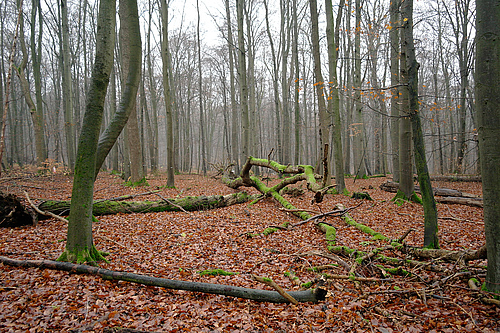
Forest homogenisation results in a lower ecosystem performance. › more
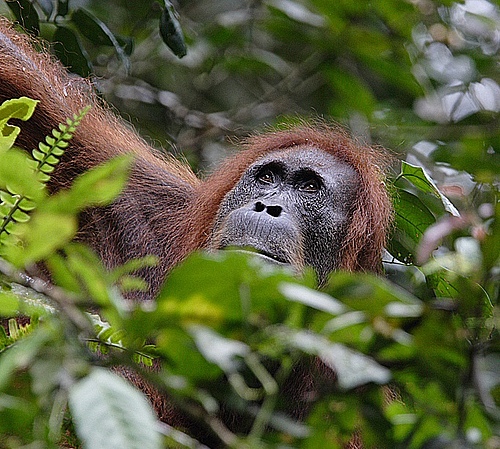
More Sumatran orangutans live in the wild than previously thought, yet continuing deforestation is likely to substantially reduce their number › more
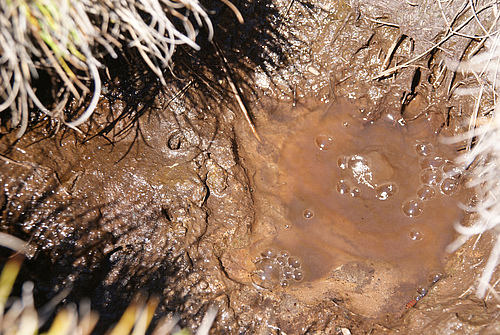
Carbon dioxide changes community of soil organisms › more
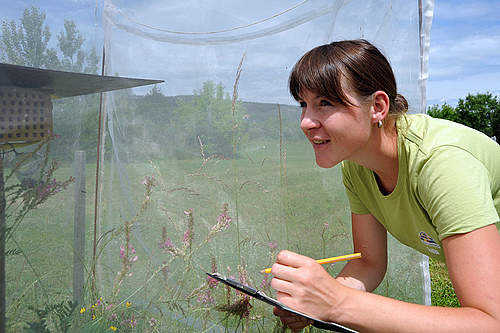
Eines der größten und ältesten Biodiversitätsexperimente Europas wird fortgesetzt › more

The grant for Nico Eisenhauer is awarded to study the effects of European earthworms in North America. › more
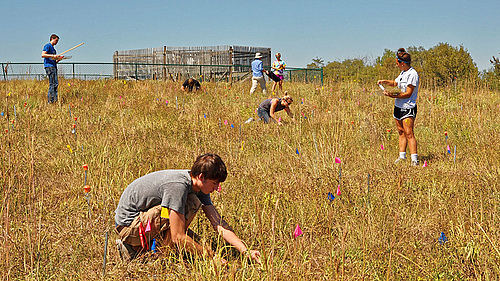
Communities rich in species are substantially healthier and more productive than those depleted of species. An international group of scientists has solved this long-standing ecological riddle using… › more

MLU study with iDiv member: Global honey trade plays greater role than previously thought › more
